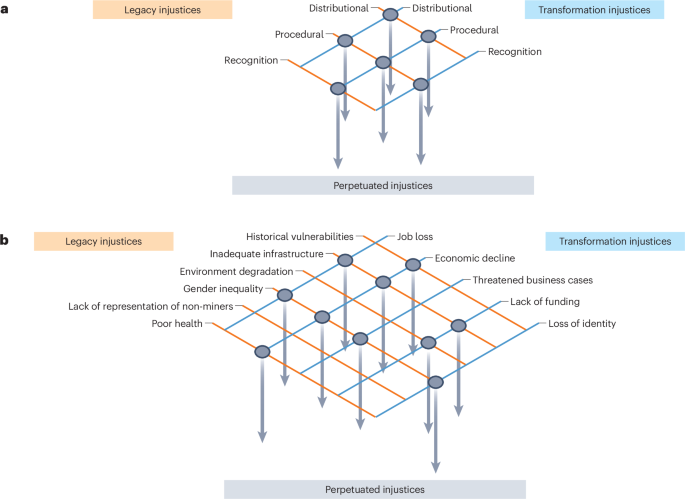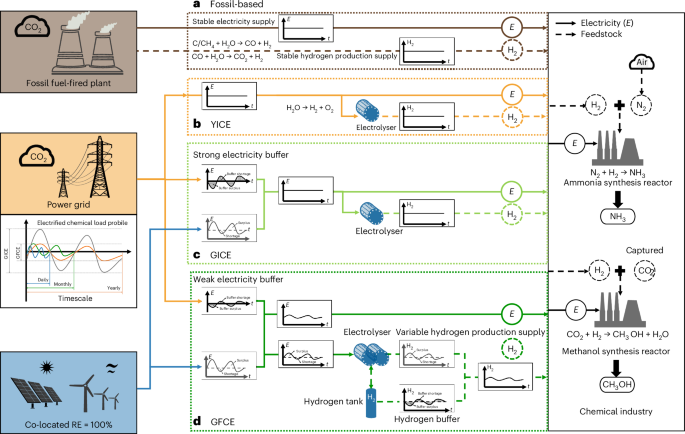Biomimetic Selenium‐Nanocomposites Alleviate MASH by Modulating Lipid and Iron Homeostasis
Advanced Healthcare Materials, EarlyView.

This study demonstrates that biomimetic SeNPs synthesized via L. coryniformis ES23 effectively alleviate MASH by dual modulation of lipid metabolism (via PPARα activation) and iron homeostasis (via HMOX1/TFRC inhibition), thereby suppressing ferroptosis. Taken together, findings in this study suggest that SeNPs as a novel therapeutic strategy for hepatic steatosis, inflammation, and fibrosis.
Abstract
Metabolic dysfunction-associated steatohepatitis (MASH) is a prevalent chronic liver disease characterized by steatosis, hepatitis, and fibrosis. Despite its global impact, a standardized clinical treatment protocol remains undeveloped. In this study, novel selenium nanoparticles (SeNPs) are synthesized using Lactobacillus coryniformis ES23 (L. coryniformis ES23). It is found that SeNPs significantly mitigate liver steatosis, inflammation, and fibrosis induced by a choline-deficient, L-amino-acid-defined, high-fat diet (CDAHFD). Mechanistically, SeNPs regulate fatty acid and triglyceride metabolism through the peroxisome proliferator-activated receptor alpha (PPARα) pathway. Moreover, these results show that SeNPs maintain iron homeostasis by reducing the expression of heme oxygenase 1 (HMOX1) and transferrin receptor (TFRC), therefore decreasing iron accumulation and inhibiting ferroptosis in the mouse liver. Taken all, the findings in this study suggest that SeNPs can serve as a novel therapeutic approach for treating MASH via modulating lipid metabolism and ferrous ion homeostasis.




















































































































































